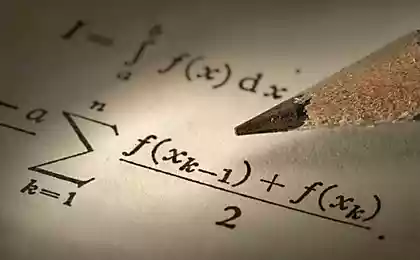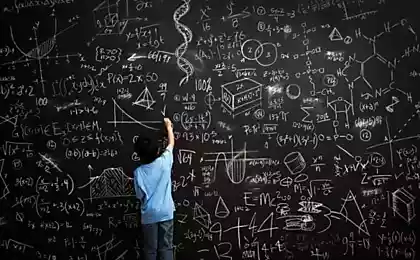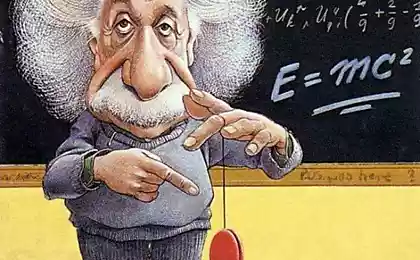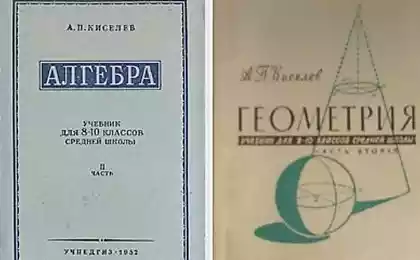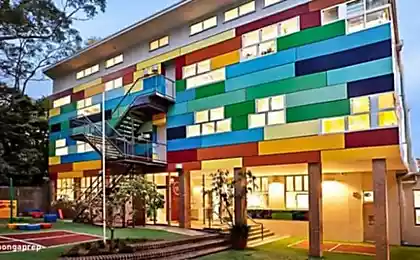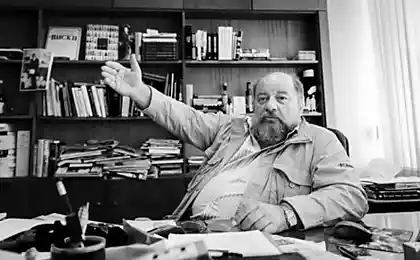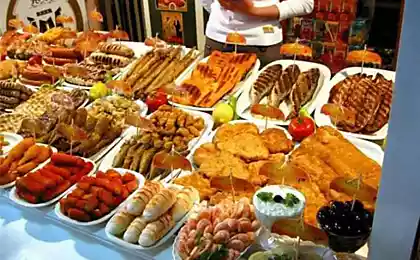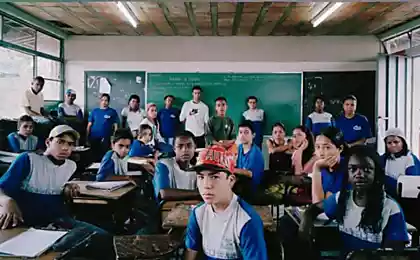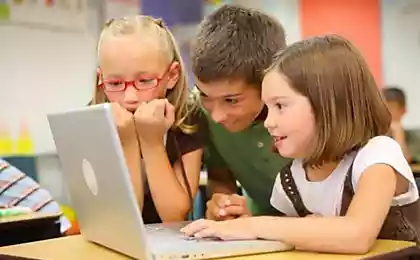229
List of books on mathematics for children
You can often hear that mathematics is difficult, boring and not accessible to everyone. Sometimes parents say: “My child is a humanitarian, he is not given!”
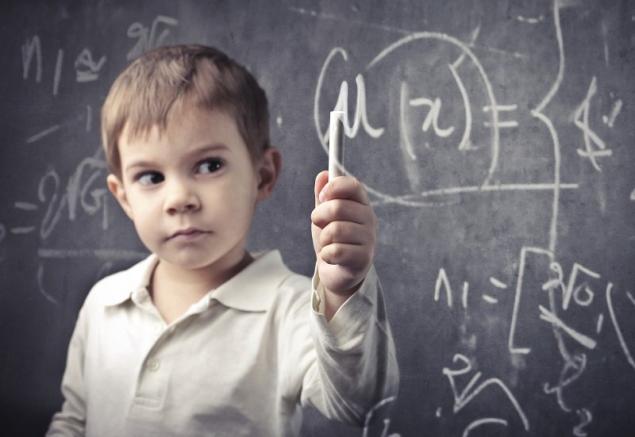
And the child begins to believe that he will never be able to understand this terrible mathematics, not even worth trying.
Does your child have problems with the Queen of Science? Psychologists recommend choosing such tactics: first, praise the child more often, let him know that he is making progress and is able to cope with many tasks completely independently.
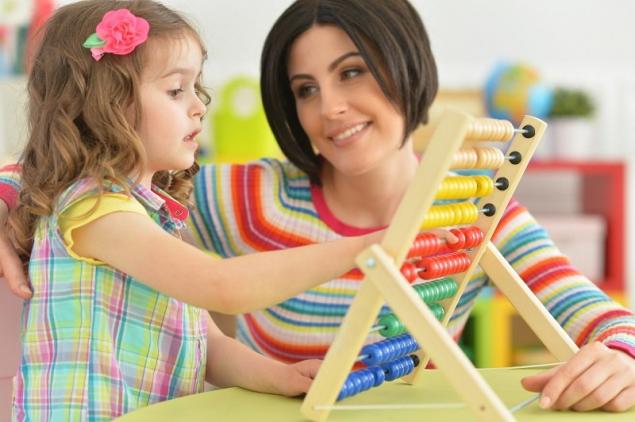
Secondly, to show that mathematics is an interesting subject, a kind of game, a puzzle. And just as it is impossible to cope with this task will help a selection of 7 fascinating books, which we offer to our readers.
Unusual books about mathematics for children and their parents
A good teacher once said, “If a child does not understand the simplest mathematical concepts, it does not mean that he is stupid.” We just haven't come up with a pretty clear explanation yet! And to come up with such an explanation is a very interesting problem, to solve which parents will help popular books on mathematics!

And the child begins to believe that he will never be able to understand this terrible mathematics, not even worth trying.
Does your child have problems with the Queen of Science? Psychologists recommend choosing such tactics: first, praise the child more often, let him know that he is making progress and is able to cope with many tasks completely independently.

Secondly, to show that mathematics is an interesting subject, a kind of game, a puzzle. And just as it is impossible to cope with this task will help a selection of 7 fascinating books, which we offer to our readers.
Unusual books about mathematics for children and their parents
- Katherine Sheldrick-Ross and Bill Slavin, Figures in Mathematics, Physics and Nature. Squares, triangles and circles”
This book is intended for all architecture and geometry enthusiasts 6 years and older. After reading it, the child learns many amazing facts about squares, triangles and circles, as well as their three-dimensional “doubles”.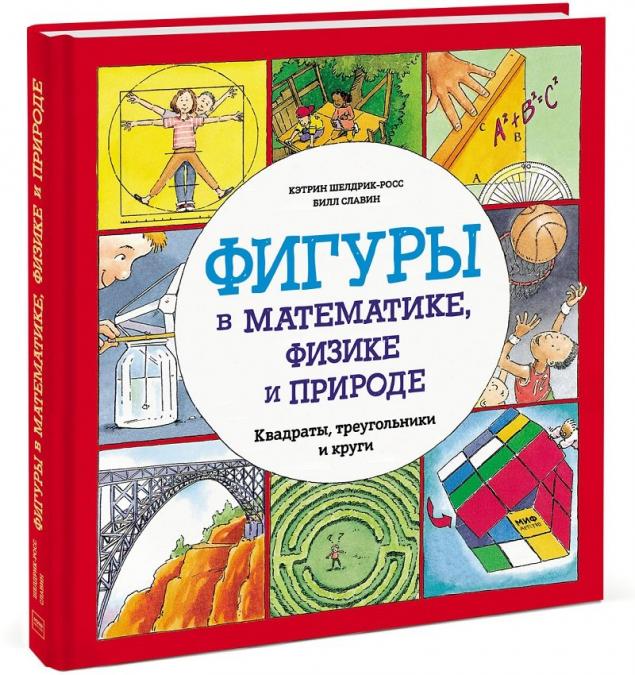
He will learn to draw figures with perfect proportions, to fold cubes and pyramids of paper, to solve triangular and tetrahedral puzzles. He learns how different figures look like: hexaflexagon, triangular fractals, dome.
You will see how figures are used in architecture. He'll understand what Fibonacci numbers and Moebius tape are. More than 75 unusual exercises will help to transform mathematics into an exciting game. - David J. Smith, Imagine. A New Look at Giant Numbers and Extensive Values
If the entire history of our planet is compressed to 1 year, then the appearance of people on Earth occurred on December 31, at about 23:58. If all the money in the world is a pile of 100 coins, then 50% of the world’s population will get only 1 coin. If the Sun is the size of a grapefruit, the Earth is a grain of salt.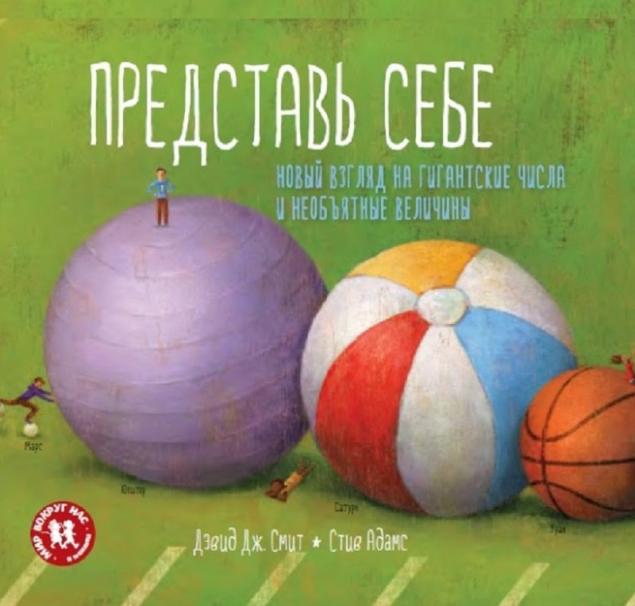
All these amazing comparisons came up with the writer and school teacher David J. Smith. He is convinced that the concept of scale will help children broaden their horizons, opening the way to mastering astronomy, history, economics, ecology. Especially difficult for students with abstract values, and in this book everything is very clearly presented. - Flavio Fogarolo, "Multi-jarium." A mathematical domino
With the game "Multijarium" to learn the multiplication table will not be boring! The rules are simple: lay out the cards, as in a regular domino, and check the answers by special patterns-tips. Make the game easier or harder by choosing different difficulty levels. Consolidate knowledge and gain new ones. Call your friends, you will find an exciting mathematical battle!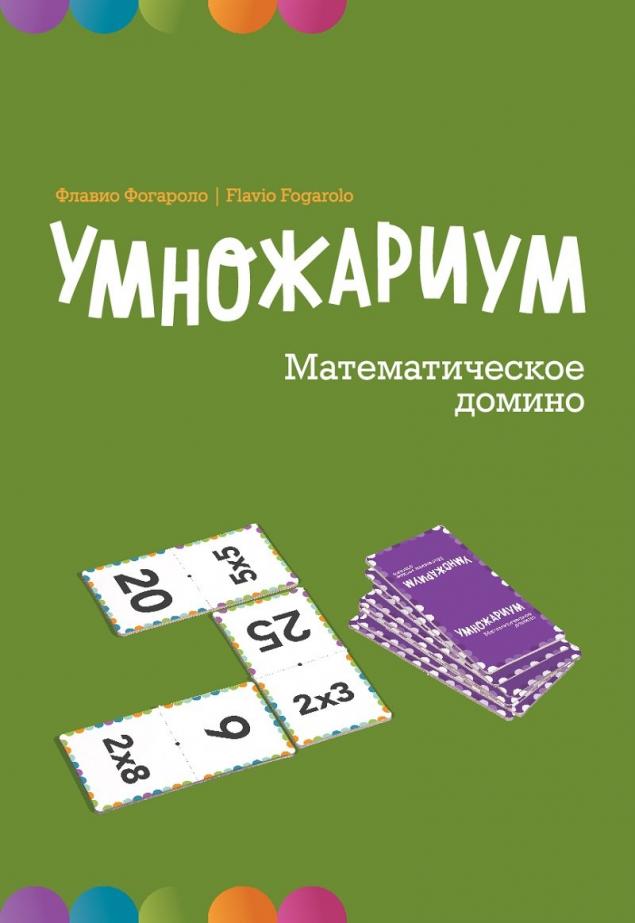
- Anna Ludvitskaya, Mathematical Pizza
Mathematician and graphic artist Anna Ludvitskaya was able to show that mathematics is not only boring calculations, but an art that can become an inspiring adventure.
Thanks to this book, children will have the opportunity to understand and love what is given in school in mathematics classes.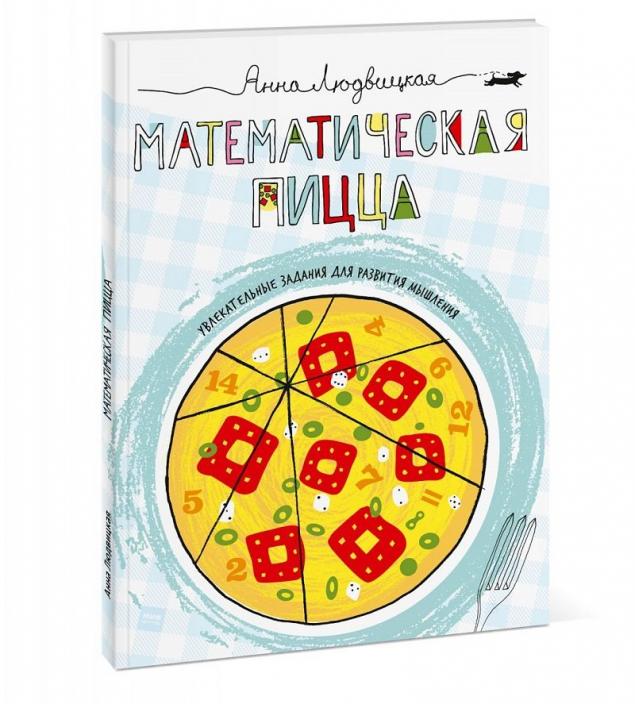
Mysteries-theses in the book cause surprise and prompt to understand how this can be? They have different degrees of complexity, so children 6-7 years old and adults will find something interesting here. - Carina Loire and Florence Pinault, Meet Mathematics!
In this book, you can learn how a person learned to count, invented numbers, and uses mathematics today. You can build a fractal yourself, find the Fibonacci sequence in the fridge, and learn to encrypt your messages like Caesar. And most importantly, the book will help you stop being afraid of mathematics, and maybe love it!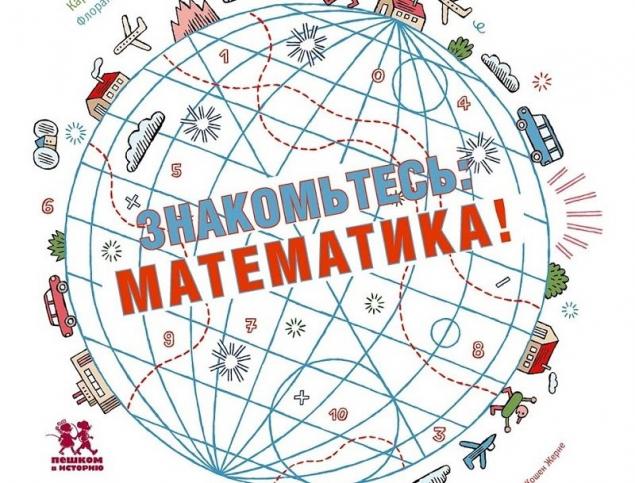
- Joseph Rybakov, Maria Astrina “Mathematics”. A history of ideas and discoveries”
The book "Mathematics." The history of ideas and discoveries is amazing because it combines the two concepts mentioned above: history and mathematics. After all, the history of scientific ideas and discoveries is as important as the history of battles and kings, and often even more interesting.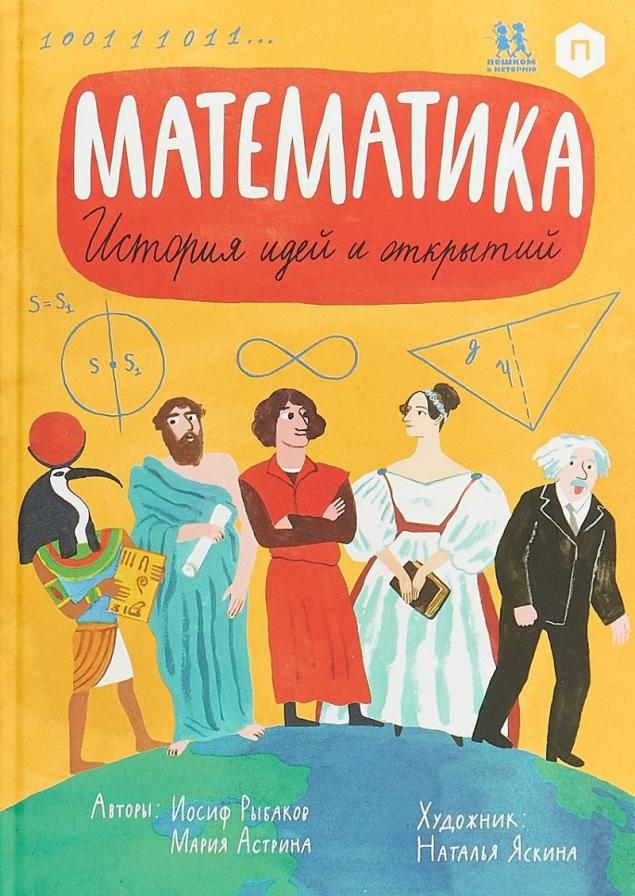
Primitive mathematics of the ancient world, practical mathematics of ancient Egypt, calculations and tablets of ancient Babylon, real mathematics of ancient Greece, the art of encryption of ancient China, zero and infinity from India, great discoveries of modern times and maths Twenty-first century. All this will fascinate children from the age of 7 years, and also interest adults: moms and dads, grandparents. - Carol Vorderman, How to Explain Mathematics to a Child. Illustrated Guide for Parents
The holder of a master’s degree in engineering and a holder of the Order of the British Empire, one of the most famous TV presenters of Great Britain, Carol Vorderman describes the purpose of his book: “... in many families, doing homework in mathematics causes only unpleasant emotions.” Many parents are simply unable to help their child cope with difficult tasks.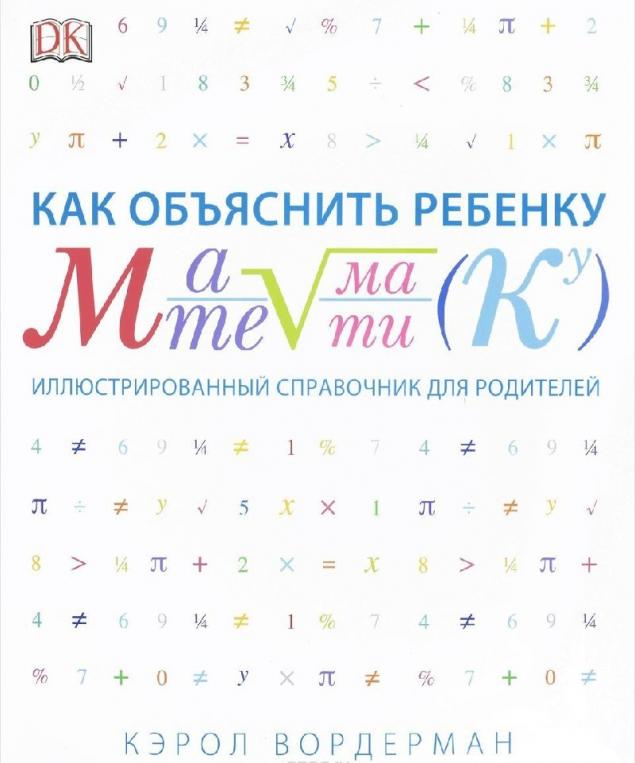
The purpose of this book is to explain to you the basics of arithmetic, and then the more complex branches of mathematics. As a mother, I know how important it is to understand that a child is at a dead end, and even more so to share their success with them. It is only by understanding the subject that we can fully appreciate the child's achievements.”
The book presents the basic concepts of arithmetic, geometry, trigonometry, algebra, statistics and probability theory. Thanks to visual schemes, diagrams and illustrations, as well as step-by-step solutions, parents together with the child will easily deal with tasks that previously seemed too complex.
A good teacher once said, “If a child does not understand the simplest mathematical concepts, it does not mean that he is stupid.” We just haven't come up with a pretty clear explanation yet! And to come up with such an explanation is a very interesting problem, to solve which parents will help popular books on mathematics!







